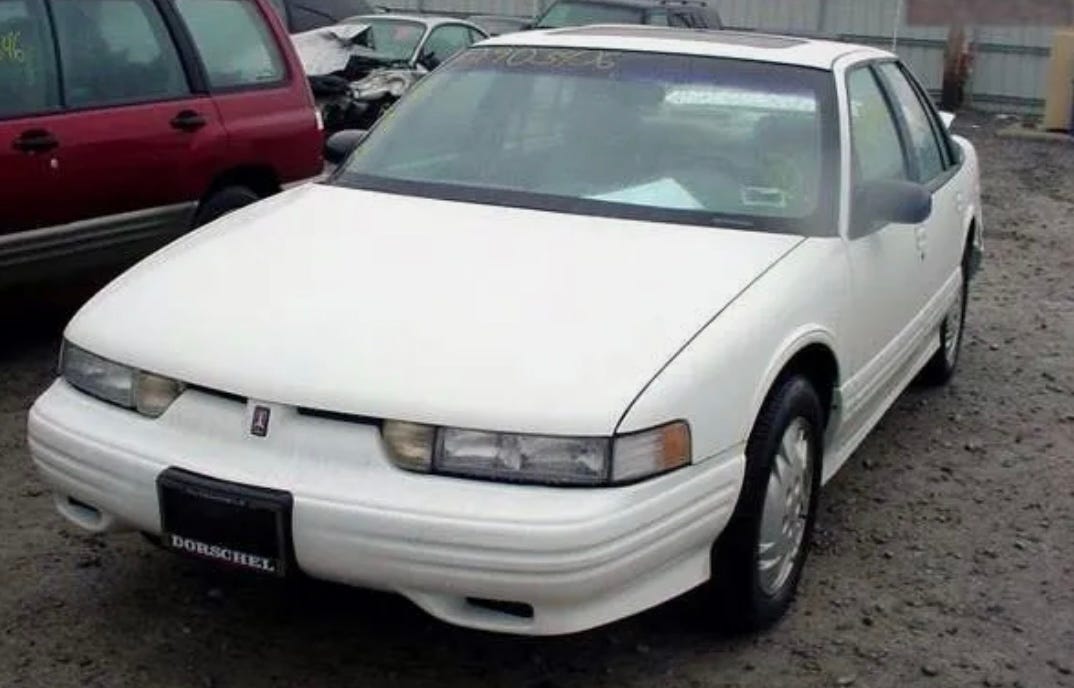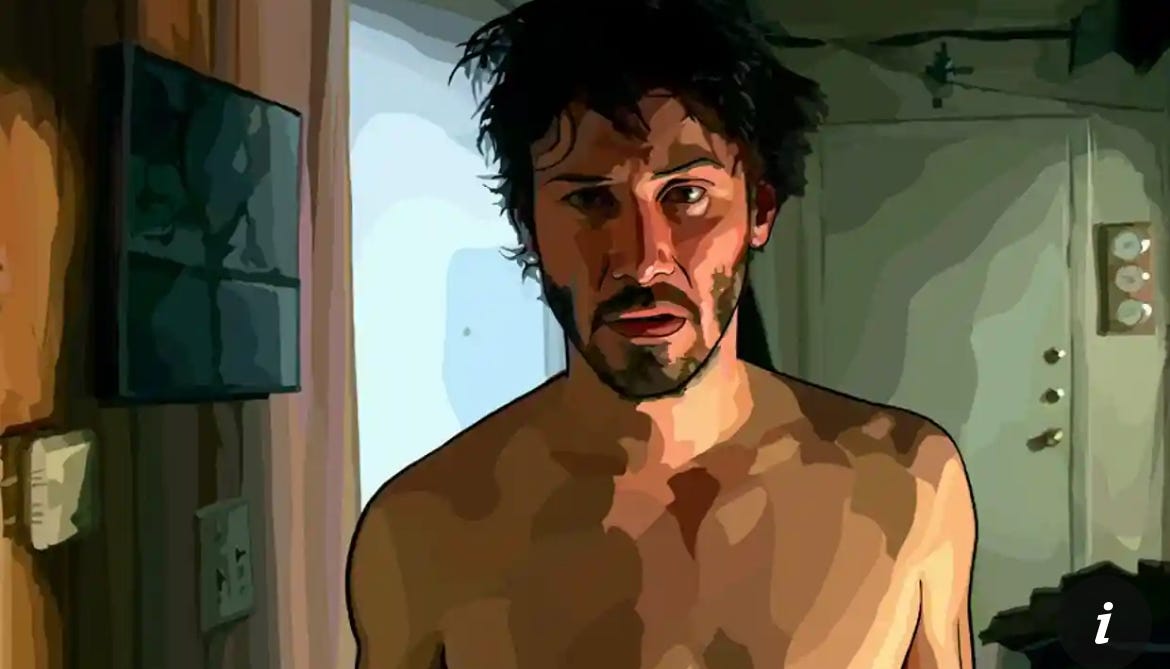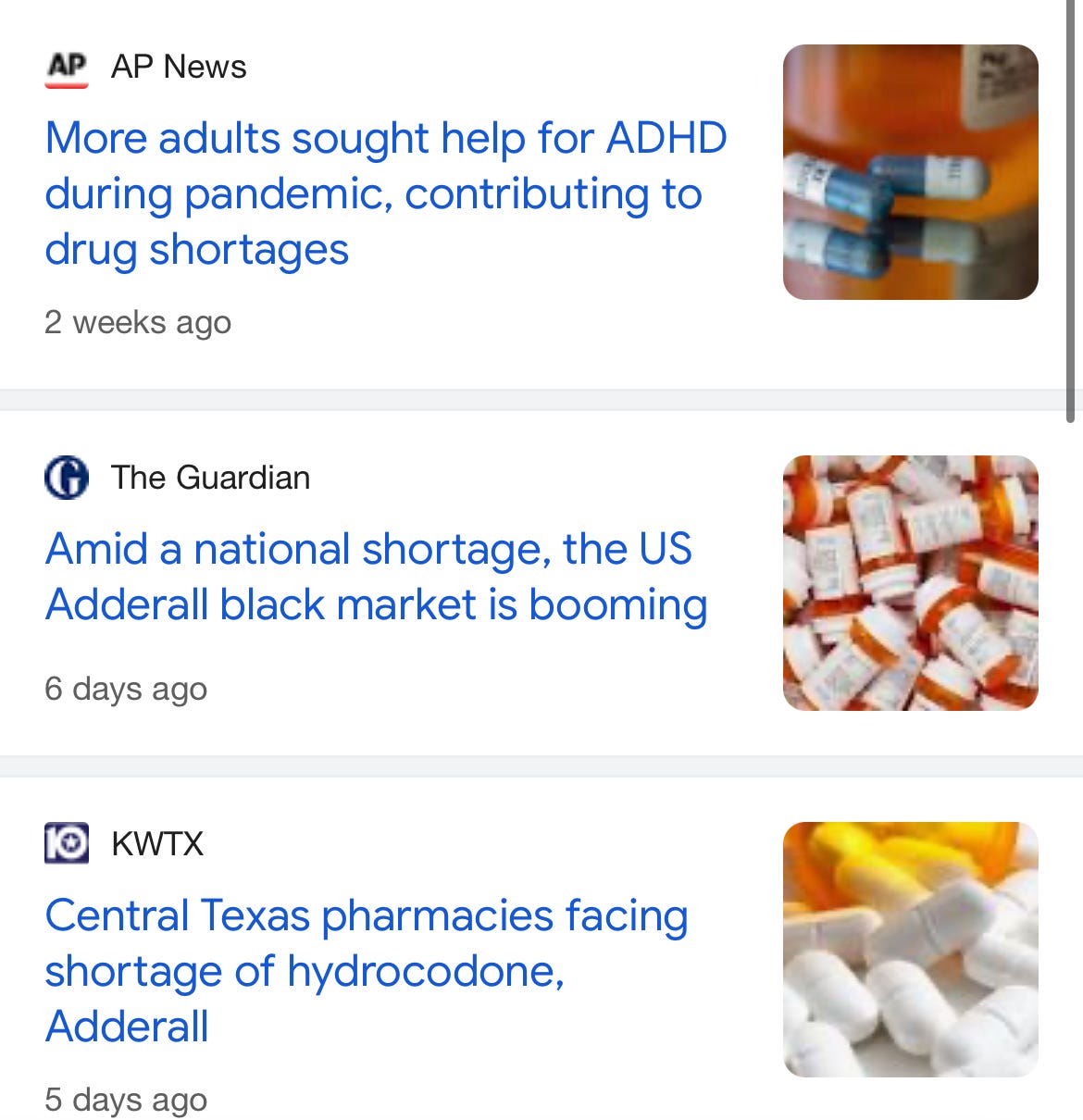On the hard days ahead, and the trap we are (eagerly, so eagerly) setting for ourselves
Drugs and gambling eat people. And we keep making them more accessible and powerful. Meantime, "ethical non-monogamy" is just another way to spell "key party." It's 1972 all over, with stronger drugs.
Last week, New York Times columnist Michelle Goldberg warned of the self-centered ennui marching across the United States:
I keep thinking of the early 1970s, another period when broad-based, idealistic social movements had recently fragmented, with some turning toward a militant sectarianism while others withdrew from politics, seeking self-realization in lifestyle experimentation.
Fair warning: Goldberg is a progressive, though an open-minded one.
In December 2018, she interviewed me about Tell Your Children, my book on the mental health risks of cannabis. She believed cannabis should be legalized, but she treated my arguments respectfully. (This was before my reporting on lockdowns and the mRNAs made me the one who must not be named at the Times; before the elite media turned so polarized and hard-left it stopped engaging with inconvenient facts.)
So Goldberg made her comment in the context of a potential win for Donald Trump in November, which she thinks would be a disaster. Obviously, a lot of you disagree.
But I believe the specter she raises is broader even than the 2024 election, and will haunt us no matter who wins.
America is not well.
This warning isn’t just a feeling, or false nostalgia. (When I was a kid, we had Oldsmobiles! And Three’s Company.) Our decline is visible in the data.
—
(The good old days! Hard to believe Olds got shut down.)
—
We are the wealthiest society in human history.
Yet our life expectancy now badly trails most other developed countries - despite (despite?) our massive medical spending. Preventable deaths have shown terrible trends in the last few years. Not just overdoses, but murders, car accidents, even fires. Fewer Americans are marrying or having children.
Many of the young seem paralyzed, too, maybe because of the media’s endless whinging over climate change, with accompanying efforts to turn every blizzard or heat wave into a harbinger of the apocalypse. One would hardly know that weather-related deaths have plunged for generations.
But that’s only half the story. Maybe less.
(For the other half, subscribe. Or wait a week. Why wait?)
I almost can’t believe I have to say this out loud, but in the United States in 2024 I do:
Drug use is not a moral neutral. (By drug use I mean the consumption of recreational, mind-altering drugs, legal or not, prescribed or not. Including alcohol, for alcohol is indeed a drug.)
Gambling is not a moral neutral.
I write this as someone who drinks and gambles regularly. Playing poker is in fact gambling, despite what some poker players like to think.
Sex and adultery are more complex issues. If one partner has completely given up on sex, for example, the other may be justified in trying to sexual satisfaction outside marriage, with or without the approval of the celibate partner.
But I do think - at a minimum - efforts to bring third (or fourth!) parties into established monogamous relationships are rarely a moral neutral. Especially when children are involved.
I am not using the phrase “moral neutral” in a religious sense - or even, necessarily, to mean “absolute right and wrong.” What I mean is something more like: these actions can easily - very easily - be taken to excess. When they do they are likely to produce despair, not happiness. And not just for the user.
—
I thought about these dangers again after reading the Philip K Dick novel A Scanner Darkly. Dick mostly wrote science fiction, and A Scanner Darkly is sometimes miscategorized as a sci-fi novel.
It’s not.
From first page to last, A Scanner Darkly about drugs and drug use - an invented drug called Substance D, which Dick never fully defines but which looks like a powerful stimulant. The novel opens with a Substance D user in the late stages of formication, the “bug paranoia” which occurs in particularly unlucky cocaine and methamphetamine addicts:
Once a guy stood all day shaking bugs from his hair. The doctor told him there were no bugs in his hair. After he had taken a shower for eight hours, standing under hot water hour after hour suffering the pain of the bugs, he got out and dried himself, and he still had bugs in his hair; in fact, he had bugs all over him.
Imagine, if you can, being so totally addicted to a drug that even the feeling of imaginary bugs crawling all over your skin cannot convince you to stop taking it.
The story doesn’t get any happier after that.
A Scanner Darkly offers among the darkest depictions of drug use ever presented. Most drug novels make at least a nod toward capturing the highs early on before careening into addiction and horror. Dick never bothers. He begins his story in the mid- to late-stages of addiction, when users are mainly worried about withdrawal: I only got a week’s supply, he thought. What then when I’m out? Shit.
—
(From the 2006 film adaption of A Scanner Darkly, which was shot as live action and then traced over by animators. True story: Keanu Reeves was supposed to play John Wells in the movie version of The Faithful Spy. Too bad it never got made, he would have been great.)
—
But the hardest gut punch in A Scanner Darkly comes after it ends, in a short author’s note where Dick makes clear it is hardly fiction at all:
This has been a novel about some people who were punished entirely too much for what they did. They wanted to have a good time, but they were like children playing in the street; they could see one after another of them being killed - run over, maimed, destroyed - but they continued to play anyhow.
We really all were very happy for a while, sitting around not toiling but just bullshitting and playing, but it was for such a terrible brief time, and then the punishment was beyond belief…
For a while I myself was one of these children playing in the street; I was, like the rest of them, playing instead of being grown up, and I was punished.
In fact, Dick had always used amphetamines heavily. But after his fourth marriage broke up in 1970, he fell into full-blown addiction. His house in California became a crash pad for a rotating gang of users (and dealers) in their teens and twenties. Dick survived, but many of his new friends did not. His author’s note lists seven dead, and six more with permanent psychosis or brain damage.
—
Here’s what I mean in the simplest way when I say drug use is not a moral neutral.
I mean: Drugs eat people. To the bone, until nothing is left. (And gambling. And sex, certain kinds of sex.)
No one can know when he starts if he’s going to be eaten. The consequences of use often fall more heavily on the poor, but that’s not because the rich are exempt. It’s only because they have more runway, more time to get clean, more chances to change their minds. If they play too long and too hard, they get eaten too.
By the end of the 1970s, after a sodden, lost decade of casual drug use and sex, Americans had learned this lesson. In her Times piece, Goldberg quotes a 1979 book called “The Culture of Narcissism”:
…people have convinced themselves that what matters is psychic self-improvement: getting in touch with their feelings, eating health food, taking lessons in ballet or belly-dancing, immersing themselves in the wisdom of the East, jogging, learning how to ‘relate,’ overcoming the ‘fear of pleasure.’
But being afraid of pleasure is not the world’s worst idea.
Now, as we were in 1972, we’re angry and cynical on left and right, stuck with leaders many of us despise, encouraging our own retreat from the world following misadventures overseas.
Only this time the drugs are so much stronger: instead of hash and black-tar heroin, we have 90 percent THC vapes - legal almost everywhere - and fentanyl. Psychedelics are on the way back too, and we’re so addicted to stimulants that we are constantly running out.
—
(You can’t spell addict without ADD. Or maybe you can? I’d better check my phone.)
—
Gambling, which barely existed legally in 1970, is everywhere too.
Casino gambling, lotteries, scratch-offs, and now - worst of all - on phones, which are addictive enough as it is. Time will tell, but I am increasingly worried we are only beginning to see the harm allowing people to bet this way can cause.
Finally, the media elite seems to have decided that this is a good time to push “ethical non-monogamy,” (yeah, right), or even polygamy and polycules. Most studies suggest the real problem with sex these days is that teenagers and twenty-somethings aren’t having enough of it, not that middle-aged Brooklynites need an excuse for wipe-swapping.
Stick around long enough and every bad idea comes back.
This time, though, the bad ideas are supercharged.
We’re already at 100,000 overdose deaths a year.
How many will it take for us to realize that “self-realization in lifestyle experimentation” is not the answer?







A civilization in collapse. And I will say it loudly: Any culture that demands the death of babies as a cost of political support is not a culture that is worth saving. Repent or let’s just get on with it.
An observation on just one of your observations: "turns every blizzard or heat wave into a harbinger of the apocalypse. "
I blame this on the collapse of the news media, particularly local TV news. Every forecast of a flake of snow sends marauding hordes to the supermarket, so that the bread aisle looks like video from Soviet era Moscow.
My dad recently observed that the Boston-area TV stations' evening news reports have THREE weather segments in a 30-minute broadcast.
I offer this: It's b/c the local TV stations don't have enough money to send reporters to report actual news, and the weather is free. That is, all the maps, charts, graphics, and satellite photos are provided by the National Weather Service. Taxpayers pay for these data; the local news stations only need to gather the info, and stand the "weather gal" in front of a map (which is most likely a "blue screen") and gesture toward low pressure systems and cold fronts and the projected rain/snow line.
The weather is hyped. The public falls victim to it.
Me? I use the weather app on my phone. I'm impervious to the hype.